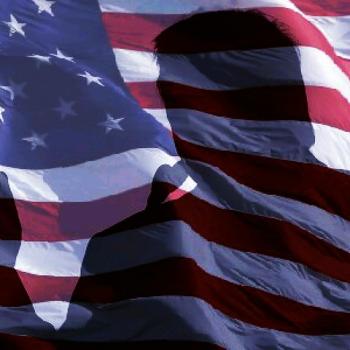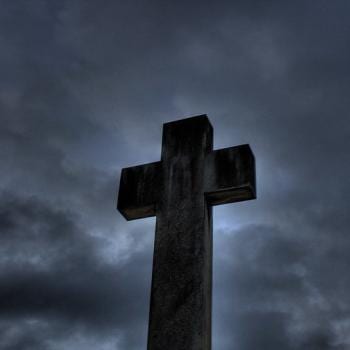What the Court says in questions does not necessarily reflect how they will rule.
However, two days’ of questioning concerning Proposition 8, which was heard yesterday and the federal Defense of Marriage Act, which was heard today, seems to form a consistent pattern. The justices have remarked twice now on the fact that marriage has always been a state issue.
I don’t know if that’s an indicator of how they will rule, but I sincerely hope so. I think it would be disastrous for the Court to wade into this explosive issue that the states are actually handling through the electoral process with a judicial fiat. There is no reason that I can see for the justices to silence the voice of the people with thunder from the Court.
No one knows, but questions for the justices themselves seem to echo this sentiment. Justice Kennedy questioned whether the Court should be hearing these cases at all. On the other hand, Justice Gader-Ginsberg commented that DOMA reduced gay marriages to “skim milk” marriages.
I honestly don’t know what a “skim milk” marriage would be, but I assume that the question was meant to support gay marriage. I could be wrong, but that’s my guess.
From the Wall Street Journal:
By EVAN PEREZ, BRENT KENDALL and JESS BRAVIN
WASHINGTON—Justice Anthony Kennedy on Wednesday questioned whether the federal government has the right to define marriage, a role traditionally reserved for states, in the second day of Supreme Court arguments on gay marriage.
The comments by Justice Kennedy, seen as holding a key vote on the court, came after several justices sharply challenged the Obama administration’s handling of the 1996 Defense of Marriage Act, which bars federal recognition of same-sex marriage. Some questioned whether the court should be hearing the case at all.
Former Solicitor General Walter Dellinger tells WSJ’s Jerry Seib that arguments in the Supreme Court suggest justices may be seeking a narrow ruling that clears the paths for state action on gay marriage, rather than a sweeping ruling to settle the issue.
The arguments concluded shortly past noon Wednesday, a day after the justices heard a case on California’s gay-marriage ban.
Former Solicitor General Paul Clement, defending the 1996 federal law, said it merely defines marriage for the purposes of the federal government and doesn’t bind states, regardless of whether they want to approve gay marriage.
Justice Kennedy, however, jumped to express concerns with that argument, questioning whether the federal government was intruding on the states’ territory. He said the Defense of Marriage Act ran the risk of conflicting with states’ role in defining marriage.
Liberal justices joined Justice Kennedy in questioning the law. Justice Elena Kagan said it raised red flags, while Justice Ruth Bader Ginsburg said the federal law diminished same-sex marriages to “skim milk” marriages. (Read more here.)












